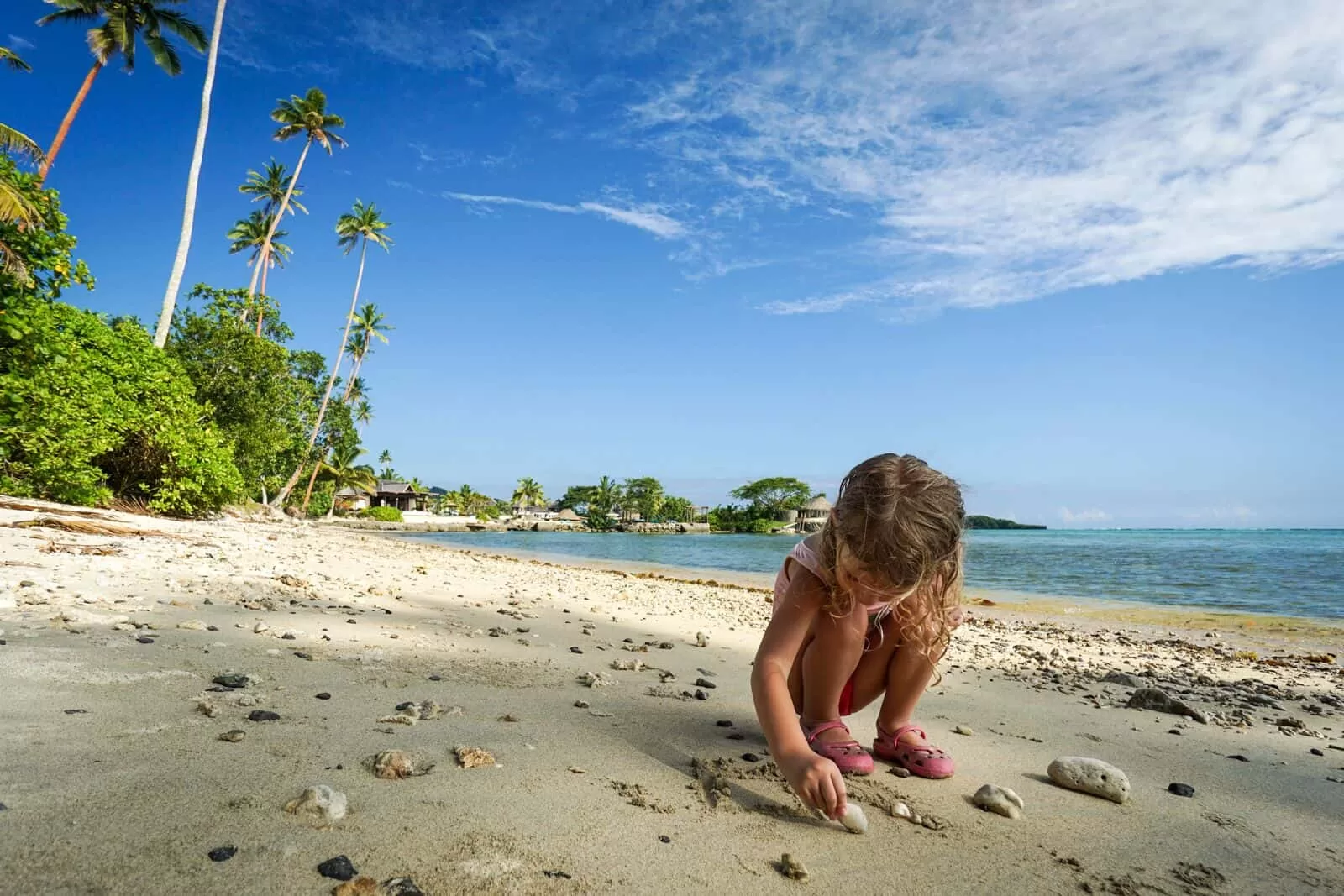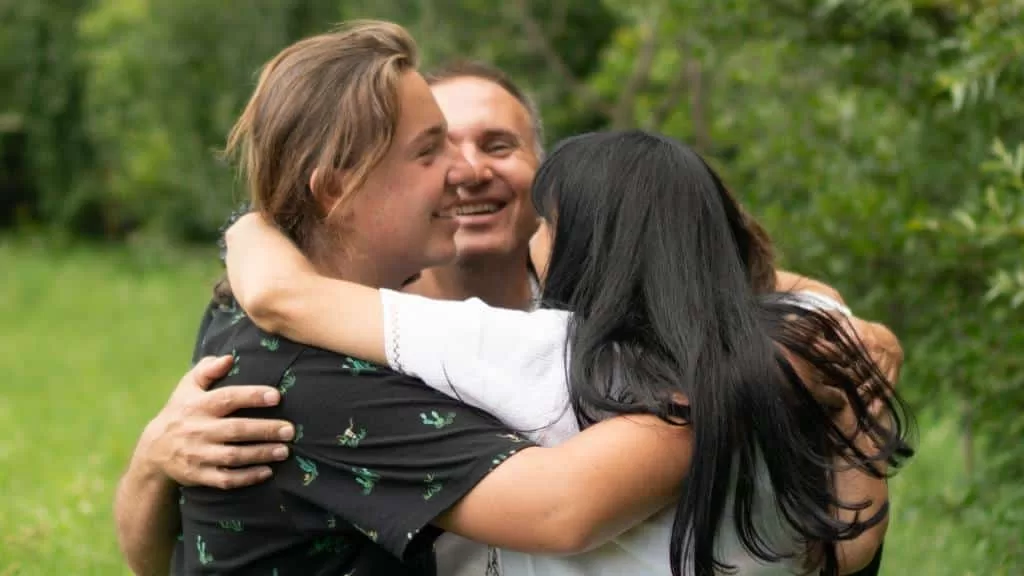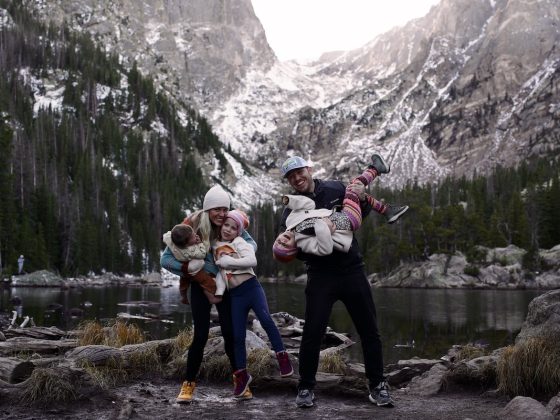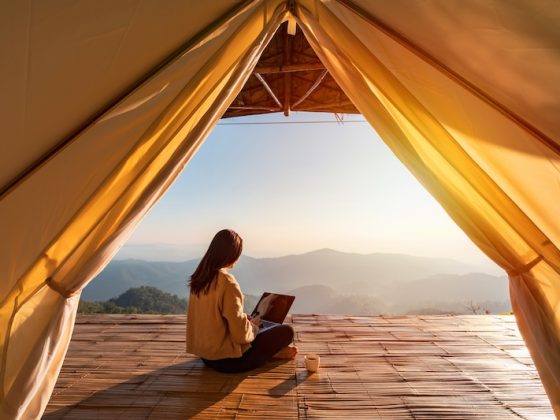As a semi-nomadic family of five, who has traveled to more than 40 countries together over the past ten years, we’re regularly asked about how we educate our children. Our answer, in short, is that we help facilitate their own heart-led learning through worldschooling.
But what does that actually mean, and how in the “world” do we do it?
1. Travel!
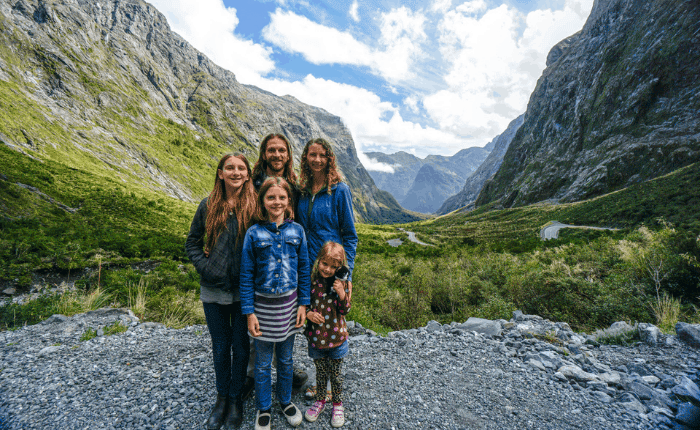
In our family, worldschooling means, providing ourselves a ‘world class’ education by making the world our classroom.
We find our slow-travel lifestyle an excellent catalyst to learn, create, and grow. We tend to get inspired in different places, learning things we knew relatively nothing about before we arrived. We’re introduced to diverse perspectives, ideas, people, and environments in naturally engaging and stimulating ways.
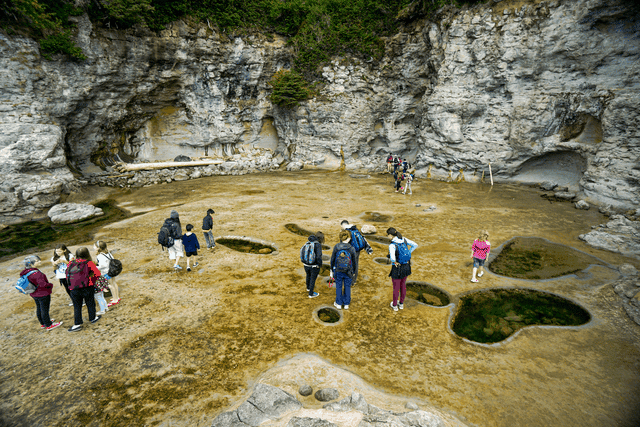
Worldschooling is a natural companion of travel. It’s the interplay between the familiar and the foreign. As we integrate increased understandings, we find new ways to connect and share in the world.
Our adventures have even led us to create events for families from all around the globe, to experience learning together in community! These events are the Family Adventure Summit and the At Home in the World Family Retreats. And to help parents understand these concepts at a deeper level we created Family Adventure Accedemy that you should check out now.
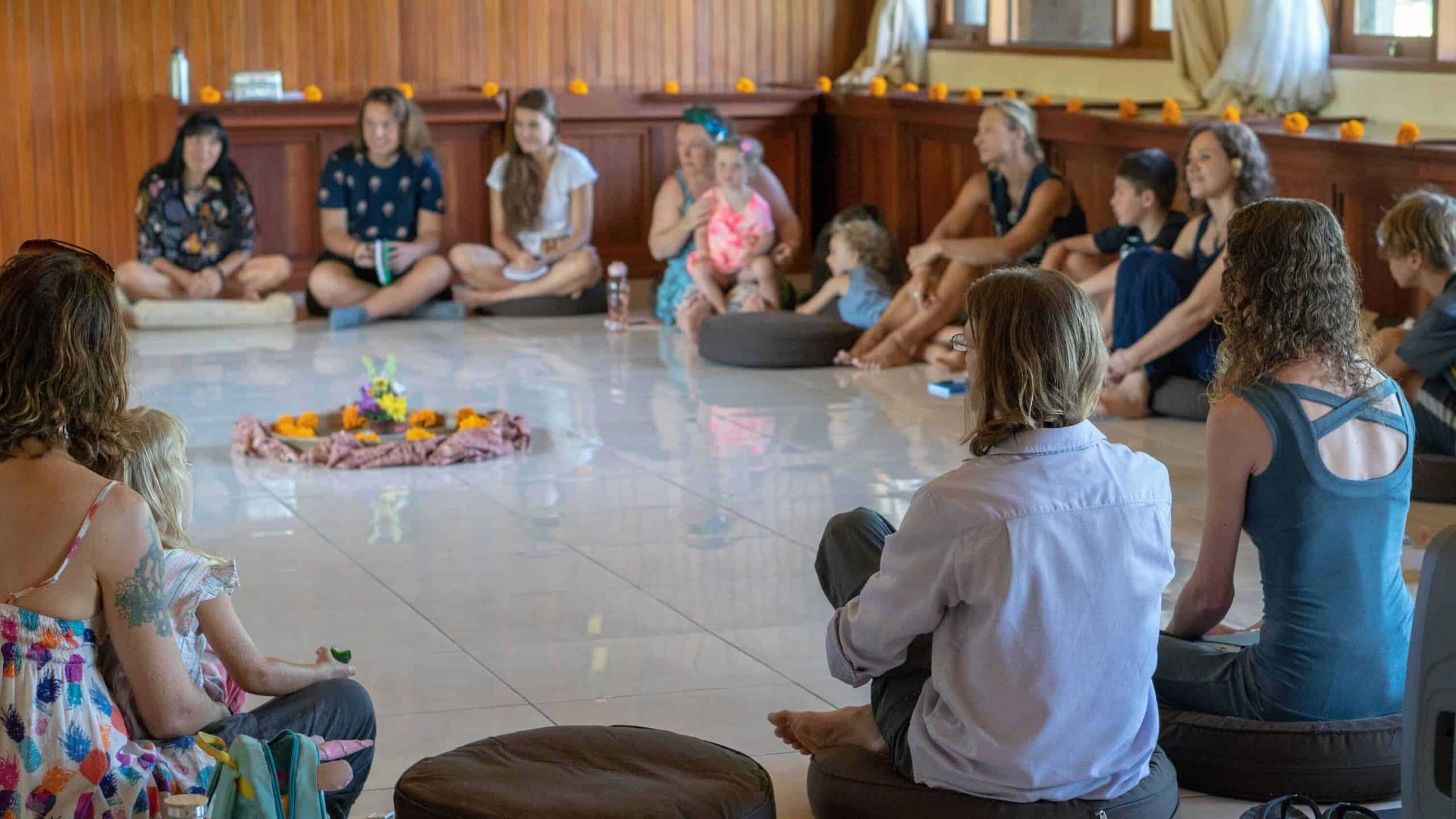
“Travel” Challenge:
Plan a trip as a family to a new destination, where you can explore and create your own adventures of learning, through engaging in exciting immersive experiences together.
2. Foster & Facilitate Interests
The best education we can give our children always begins with attuning them to what matters to them.
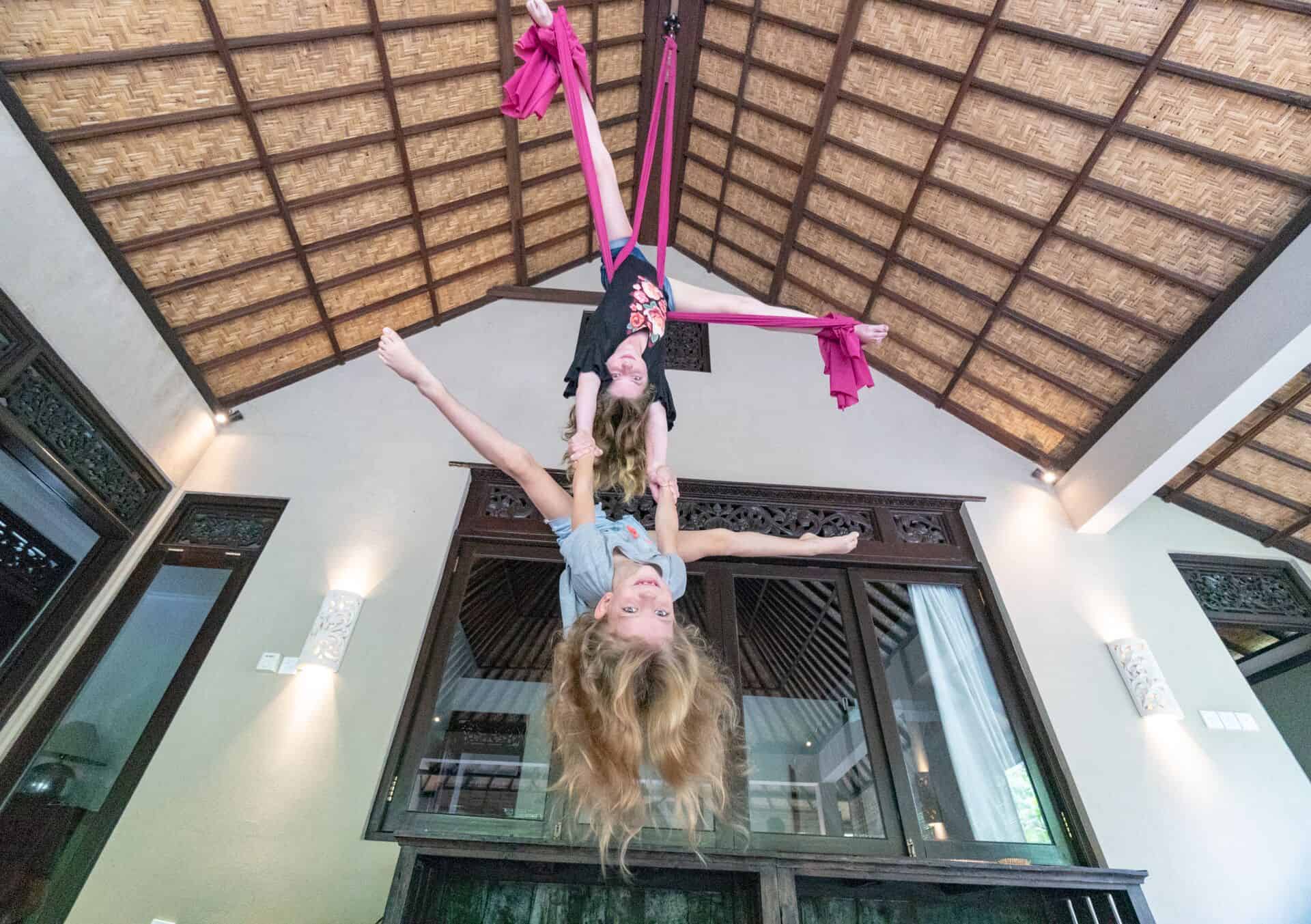
One of the best ways to do that is by doing the same thing for ourselves.
As humans, we’re born innately curious and interested.
How many adults have experienced the joy and fulfillment that come from following their own curiosity and interests in life? How about from a young age?
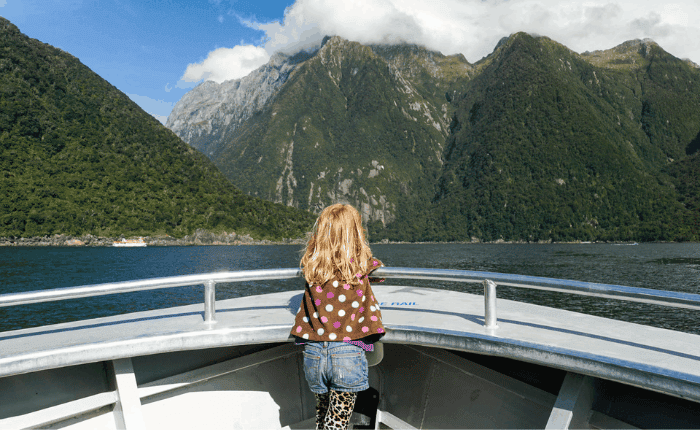
What if more of our children could grow up like that?
Carol Black, a writer, filmmaker, and director of the documentary film, Schooling the World, stated,
“Adults in many non-industrialized cultures understand that the mind itself is wild, self-willed; it cannot be forced. The mind must turn its attention outward to the world of its own volition, opening, seeking, expanding, creating its own connections with the fractal movement of a fern frond unfurling or a tree reaching for sunlight and water. Like a snail moving out of its shell, it pulls back and shuts down when threatened, blocked, pushed. This is considered obvious in many cultures; it’s common sense, something everyone knows.”
“Be Interested” Challenge:
Take some time this week to share your interests with your children, and to also ask them questions about what they are interested in. Create an opportunity to learn and grow together in your own unique ways.
3. Engage in Heart-led Learning

When we fully engage with and love life in our own unique ways, this growth and inspiration carries over into our role-modeling and interactions with our children.
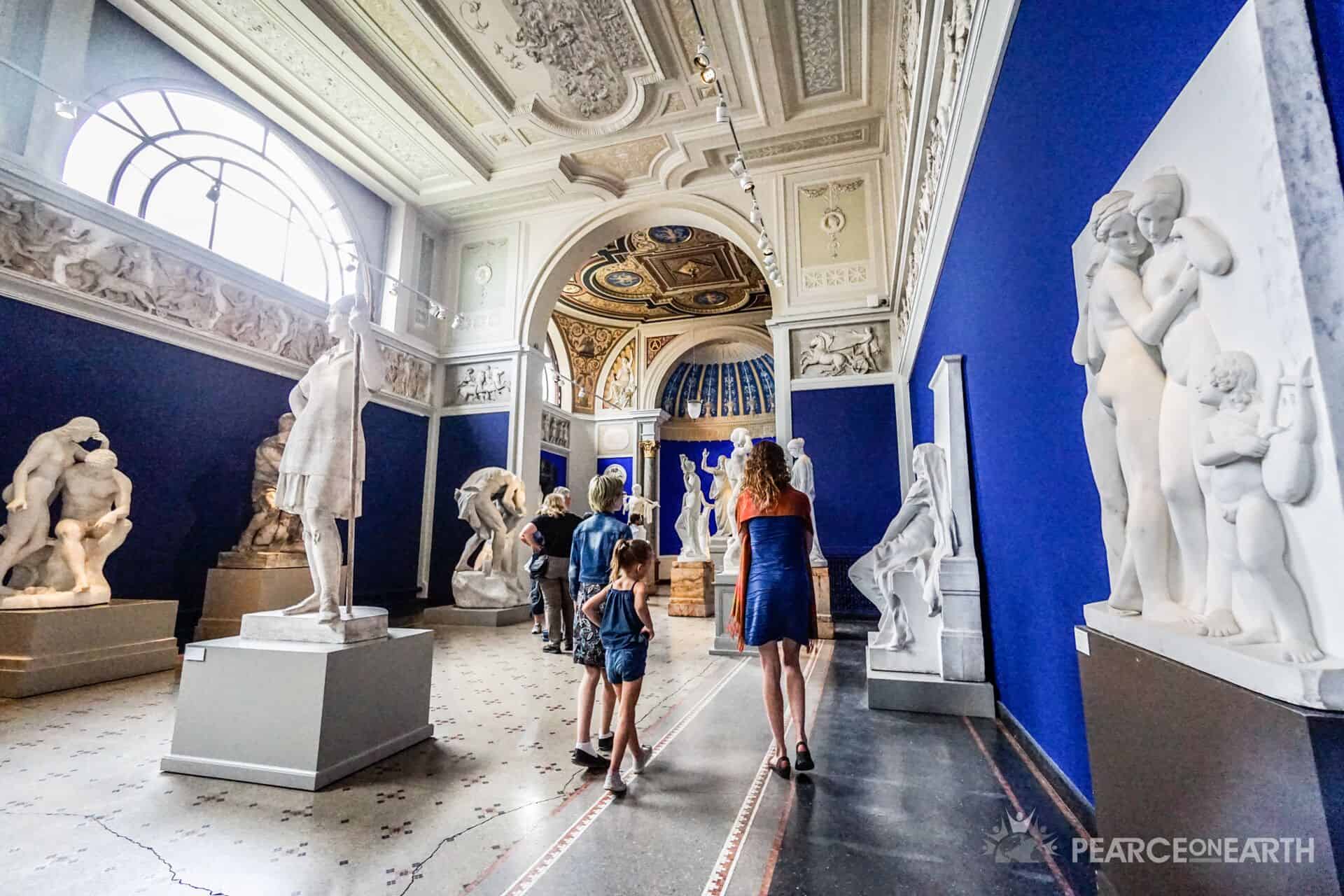
From there, things take on a life of their own, and in fact, the role-modeling and inspiration go both ways. My children amaze me, and I definitely learn from the beauty of their own examples of living and learning.
A child who loves what they’re doing will spend many dedicated hours energetically developing their knowledge, skills, and abilities in that area, without anyone coercing them to do it. Curiosity, motivation, and interest are already naturally occurring for individuals living in nurturing environments, which help foster a holistic sense of well-being.
This interest-led learning approach is a big part of how we approach world schooling.

Daniel C. Edelson, an educational software developer and researcher, stated,
“Interest-driven learning allows learners to take the skills to a deeper level of learning and retention because they are motivated by the content. Learners are more likely to persist through difficult tasks when they are interested in the task. All of this leads to a stronger connection to the knowledge.”
“Engage the Heart” Challenge:
Plan plenty of time into each day for your children (and yourself!) to spend time learning through doing things they absolutely love to do.
4. Play!
Done right, learning can even feel like a type of play.
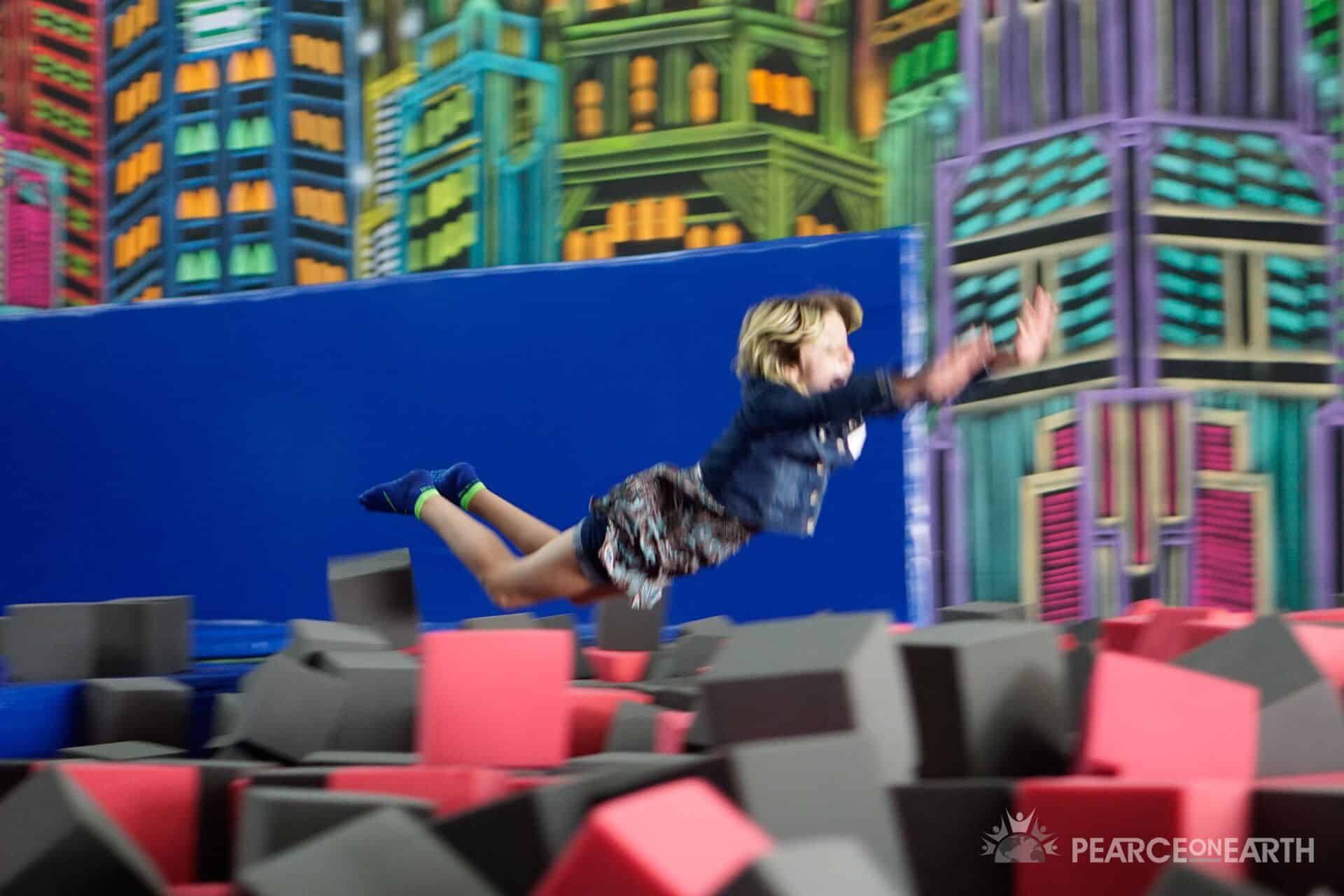
As Neville V. Scarfe, an early advocate for educational reform, stated,
“The highest form of research is essentially play.”
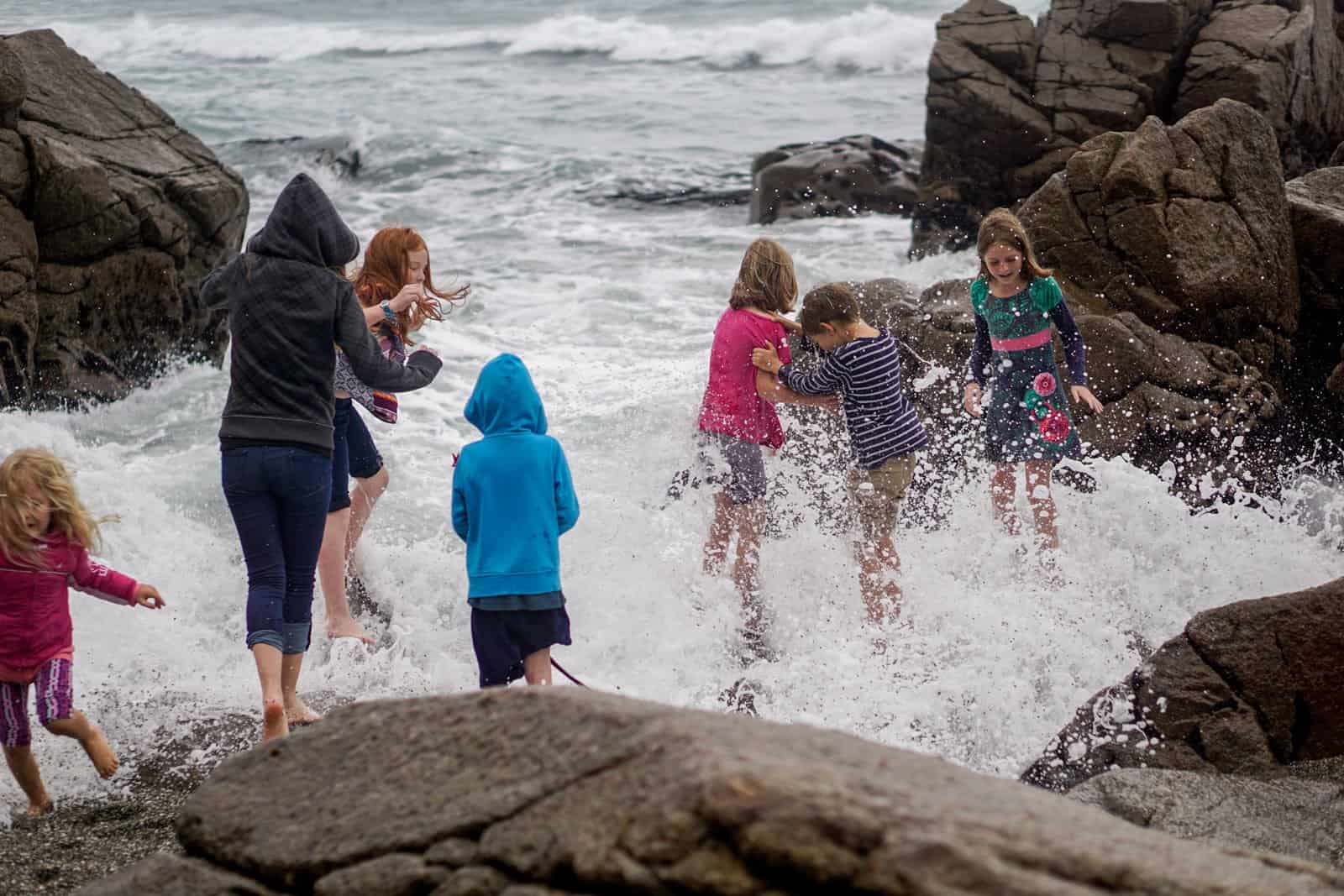
There are as many learning styles and techniques as there are children. For example, many children learn better while they’re moving around, having frequent breaks, or playing games. In natural learning environments, it’s common for a child to spend many days, weeks, or longer absorbed in exploring one particular interest, these are some of the main advantages of world schooling.
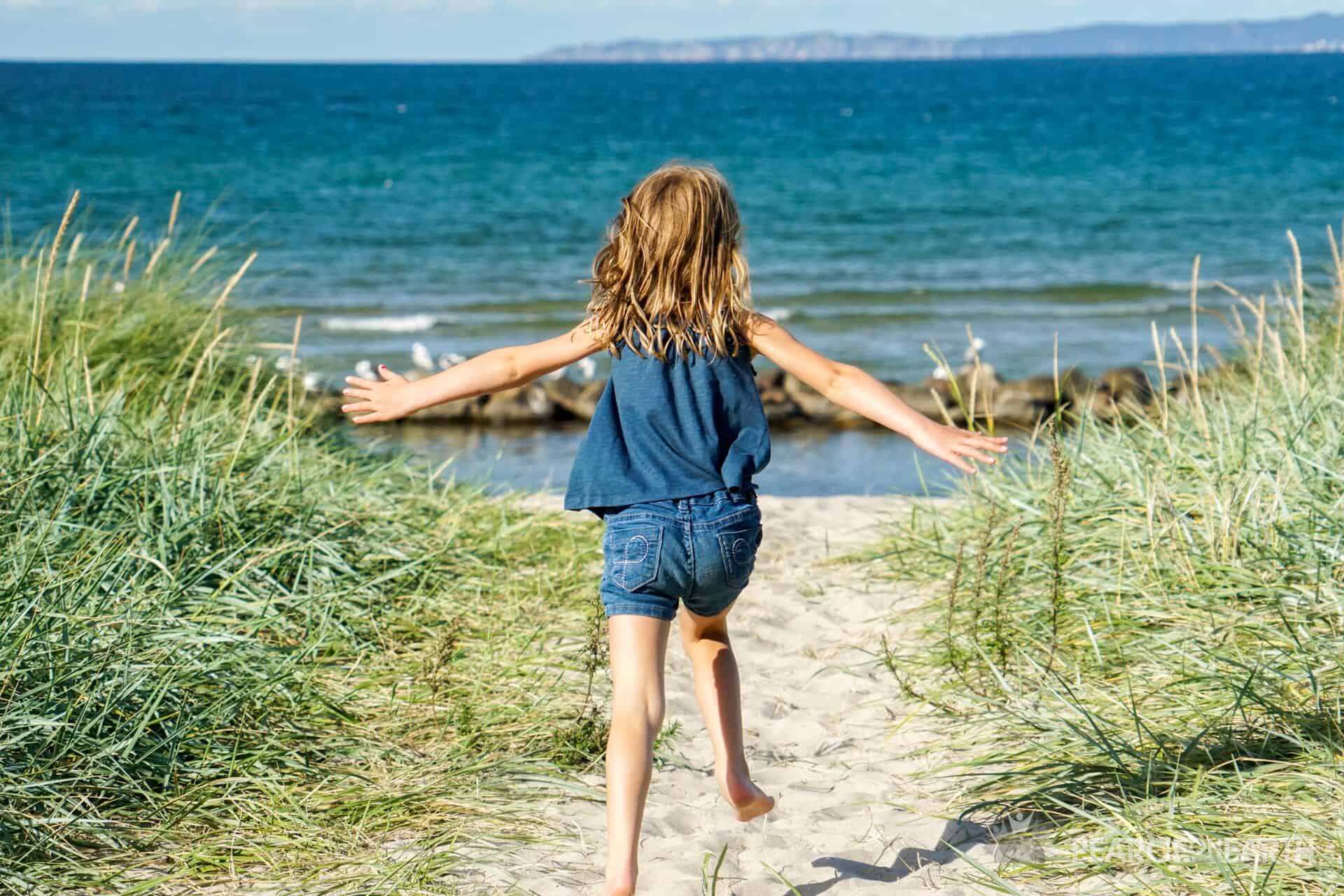
There are innumerable possibilities of things to learn, world schooling facilitates this and facilitates key skills to develop, including countless ways and timeframes in which to do so. In the end, our children will most likely come up with their own entirely new ideas. We can simply help them find their own wings, so to speak.
“Play” Challenge:
What feels like play to your children, and what are their ideas of how they’d like to incorporate even more of that into their learning? Formulate a plan of action together and make it happen!
5. Cultivate a Nurturing Environment
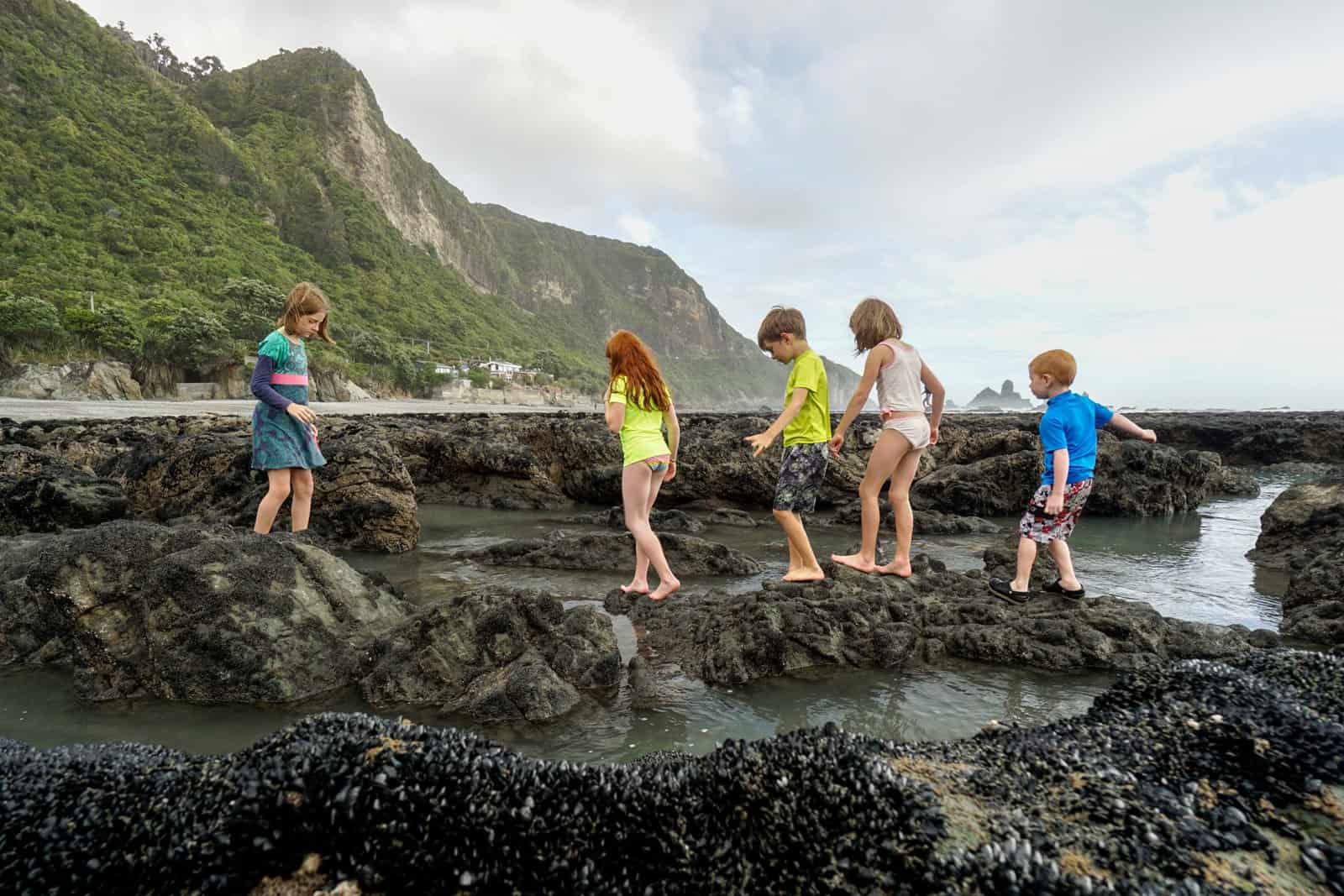
Showing our children complete love and acceptance throughout this process of learning is essential, along with an attitude of celebration, support, positive expectation, and confidence in our children’s potential and their abilities to figure things out.
This also shows up through allowing space for our children’s own self-directed learning during world schooling. Facilitation and guidance are welcome, as sought or as needs may arise. Assistance is appreciated when it’s offered, not pressed, and when it’s given in deference and respect.
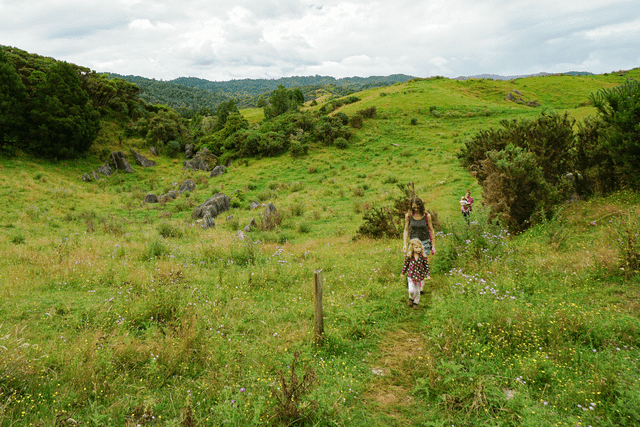
Dr. Alison Gopnik, an author, developmental psychologist, and professor of psychology at the University of California, Berkely, stated,
“Instead of valuing ‘parenting,’ we should value ‘being a parent.’ Instead of thinking about caring for children as a kind of work, aimed at producing smart or happy or successful adults, we should think of it as a kind of love. Love doesn’t have goals or benchmarks or blueprints, but it does have a purpose. Love’s purpose is not to shape our beloved’s destiny but to help them shape their own.”
She also stated,
“As individual parents and as a community, our job is not to shape our children’s minds; it is to let those minds explore all the possibilities that the world allows. Our job is not to make a particular kind of child but to provide a protected space of love, safety and stability in which children of many unpredictable kinds can flourish.”
“Nurturing” Challenge:
Ask your children what helps them feel the most loved and supported, and what they appreciate receiving from you and others in those ways. How might they like to be experiencing even more of those things in ways you’d also love to help provide?
Worldschooling – To Sum Up
Through exploring our experiences in the world with curiosity and interest, engaging in heart-led learning in the form of play, and cultivating a nurturing environment, we can confidently and joyfully trust the natural process of learning and growth, both in our children and in ourselves!
Would you like to learn more?
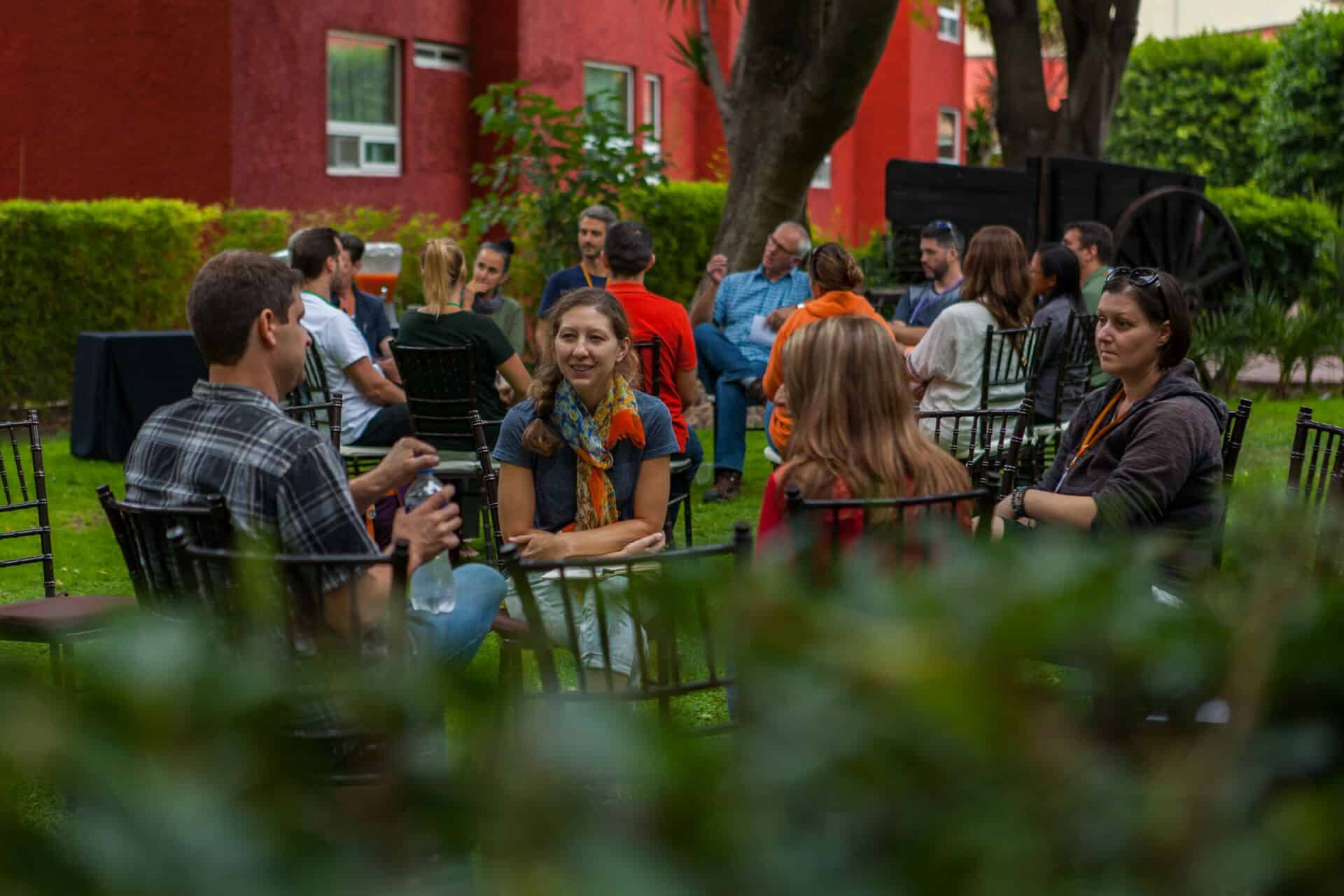
If this sounds like the perfect opportunity for your family to move forward in exciting new ways, we invite you to get your tickets here!
Happy journeying, and I hope to meet you there!
Jennifer Pearce
About The Author:

Jennifer is an enthusiast for intuitive, heart-led living who enjoys creating life on the other side of her fears. She is a certified high-performance coach who loves sharing with others in this process of living into our full joy and potential to make a positive difference.
Striving to deepen her relationships and connections to the world around and within her, she’s made many life-changing choices. Since 2009, she’s been an avid full-time traveler and worldschooler with her husband, Brandon, and their three daughters. She especially enjoys delving into the realm of interpersonal communication and relationships. Discovering the interconnectedness of life and love and making the most of it, is for her, the journey of a lifetime!
Contact Author
"*" indicates required fields
Stay Ahead on Every Adventure!
Stay updated with the World News on Escape Artist. Get all the travel news, international destinations, expat living, moving abroad, Lifestyle Tips, and digital nomad opportunities. Your next journey starts here—don’t miss a moment! Subscribe Now!
